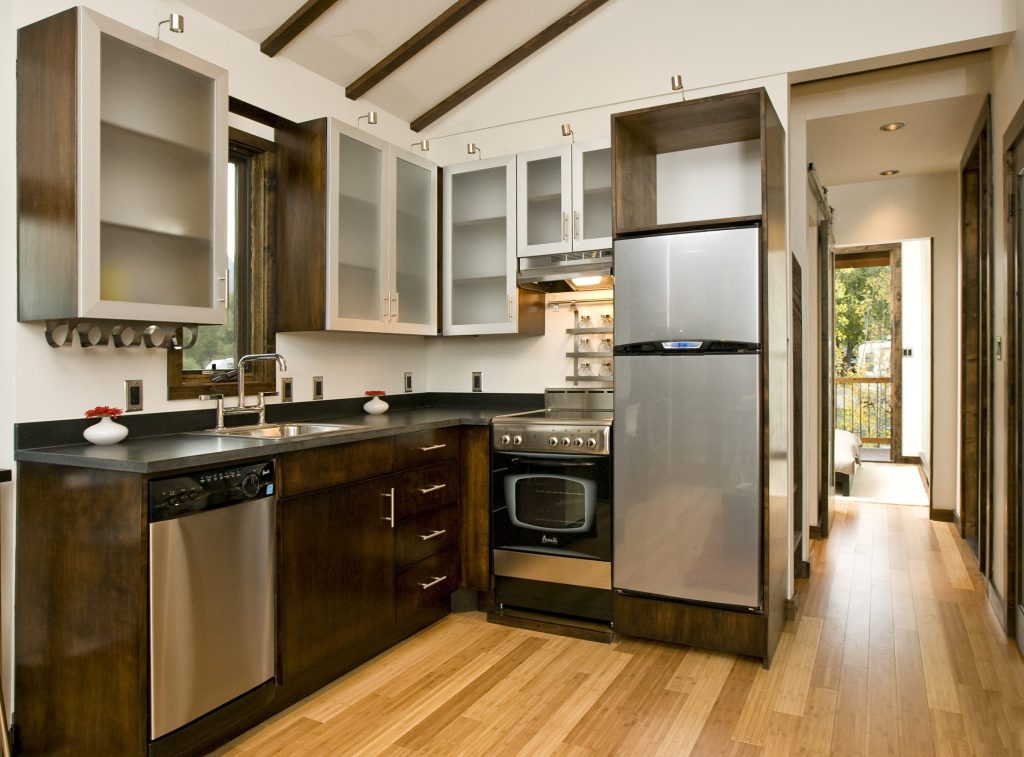In recent years, there has been a growing fascination with the tiny living movement, prompting many individuals to seek a simpler and more sustainable way of life. As a result, the demand for tiny homes has surged, leading to the emergence of a thriving market catering to this unique lifestyle. Behind this movement are innovative entrepreneurs who have recognized the opportunity to meet the needs of tiny home enthusiasts with creative solutions and products tailored to their preferences. Let’s take a closer look at some of these inspiring businesses and the contributions they’re making to the tiny living community.

1. Tiny Home Builders:
At the forefront of the tiny living movement are companies specializing in the construction of tiny homes. These builders offer a range of designs, from cozy cabins to modern minimalist dwellings, customized to fit the unique requirements and aesthetic preferences of their clients. With a focus on maximizing space efficiency and utilizing sustainable materials, these builders are helping individuals achieve their dream of living in a compact yet comfortable home.
2. Modular Furniture Manufacturers:
One of the key challenges of tiny living is making the most of limited space without compromising on functionality or style. Modular furniture manufacturers have risen to the occasion by producing adaptable pieces specifically designed for small living spaces. From multipurpose tables that double as storage units to foldable chairs and beds, these innovative solutions enable tiny homeowners to optimize their space and create versatile living environments.
3. Off-Grid Technology Providers:
Many tiny homeowners embrace off-grid living as a way to reduce their environmental footprint and achieve greater self-sufficiency. Off-grid technology providers supply a variety of products tailored to the needs of off-grid dwellers, including solar panels, composting toilets, rainwater harvesting systems, and portable generators. By harnessing renewable energy sources and implementing sustainable practices, these businesses empower tiny homeowners to live more independently and sustainably.
4. Interior Design Studios:
Designing a tiny home requires careful consideration of layout, functionality, and aesthetics to ensure every inch of space is utilized effectively. Interior design studios specializing in tiny homes offer expertise in space planning, storage solutions, and décor selection to help homeowners create personalized and visually appealing interiors. Whether it’s maximizing storage capacity, optimizing natural light, or incorporating space-saving furniture, these designers play a crucial role in transforming compact spaces into inviting and livable homes.
5. Community Development Initiatives:
Beyond providing products and services, some entrepreneurs are dedicated to fostering a sense of community and support within the tiny living movement. Community development initiatives organize events, workshops, and online forums where tiny homeowners can connect, share experiences, and exchange tips and resources. By facilitating networking and collaboration among members of the tiny living community, these initiatives contribute to the growth and sustainability of the movement.
In conclusion, the rise of tiny home entrepreneurs reflects a broader shift towards simpler, more sustainable lifestyles. By catering to the unique needs and preferences of tiny homeowners, these businesses are driving innovation, promoting sustainability, and empowering individuals to embrace a life of minimalism and freedom. As the tiny living movement continues to gain momentum, we can expect to see even more entrepreneurial ventures emerging to support and enrich this thriving community.

